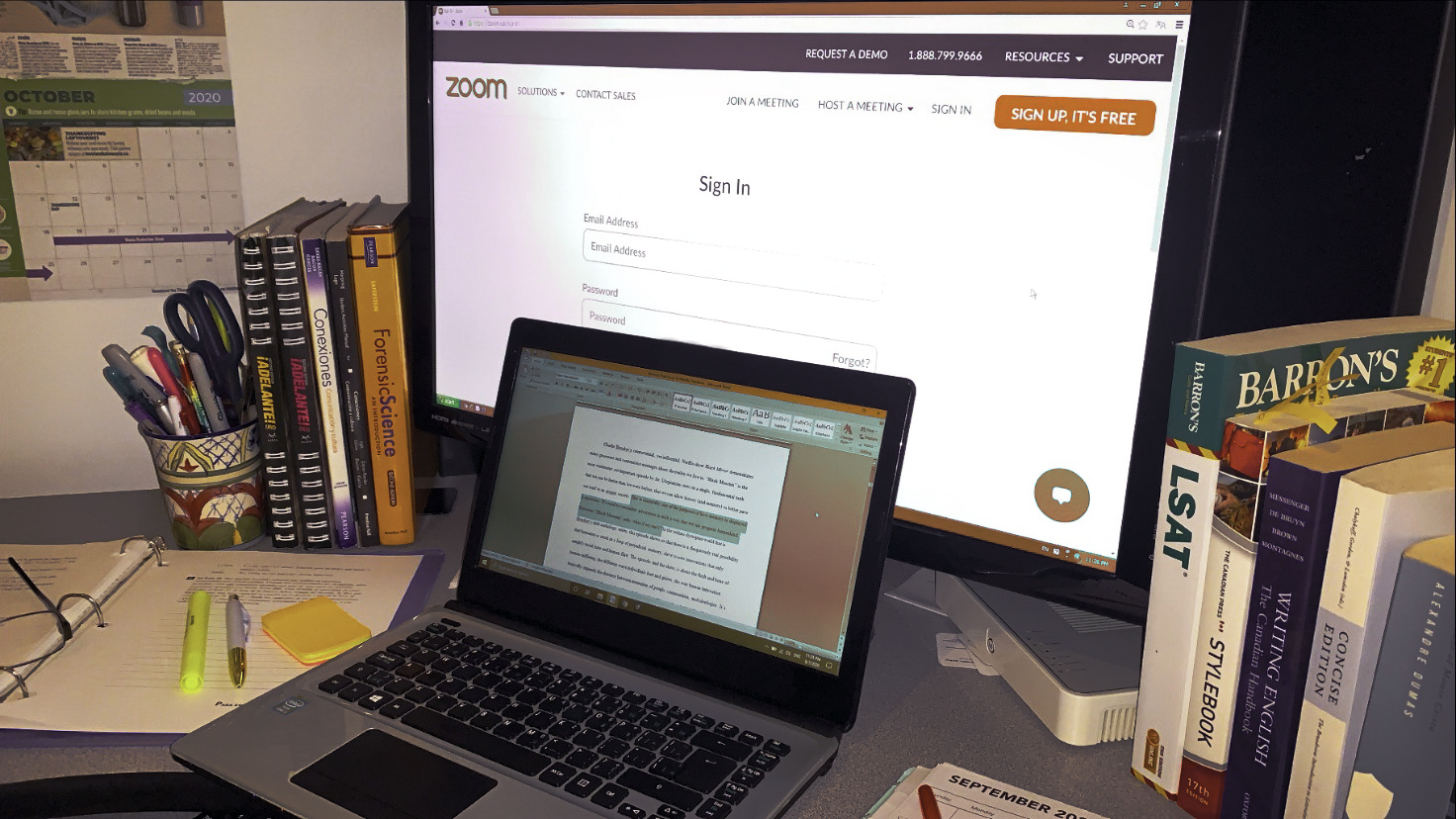As the first remote-operated semester in York’s history approaches, so do the growing concerns among students and faculty in regards to their mental health. The spread of COVID-19 first forced a mass shutdown in March, where it became apparent that the next challenge after the virus itself would be the mental well-being of the public.
A survey conducted by Active Minds shows that one in five students reported their mental health had worsened since the pandemic began—91 per cent of those surveyed reported feelings of anxiety, and 80 per cent reported feelings of loneliness or isolation.
As the pandemic has regressed slightly and our healthcare professionals have gained more knowledge, restrictions have lessened. Stage three of reopening has allowed people to once again engage in activities such as the gym, eating at restaurants, and even gathering with a larger group of friends.
This so-called “return to normal” may be short-lived for university students, however, as they now prepare to spend a large portion of their days in Zoom lectures, while having to miss out on many aspects of the learning process that in-person classes allow.
I look forward to using the extra time I’ll have from not commuting to further my understanding of topics within my courses, but I’m also not a big fan of the lack of learning environment,” says second-year economics student Raed Ali.
“A lecture hall is a great place to really sit down and understand what is being said,” Ali adds.
Fourth-year economics student Petar Kljujic says: “I’m striving to be on top of things this semester, and maintain a firm work schedule. It’s really easy to lose track of things being at home and spending too much leisure time without studying enough. It’s definitely going to take more time management than ever before.”
Commuting to campus can offer a big jump-start to our day, effectively forcing us to prioritize and schedule our time appropriately. Without this sense of urgency to actually leave the house and revel in the busyness of life, our day as a whole may feel subpar, and the evidence seems to support this.
Active Minds’ survey showed that over two-thirds of college students have trouble in maintaining a routine and struggling to get enough physical activity since the pandemic began, with 63 per cent of students indicating it became challenging to stay in touch with others.
When experiencing difficulties with your mental health, contact the mental health services provided by York. Your tuition is paying for these services, use them.”
Another big aspect of university life that will be missing this semester is socialization. Licensed therapist Caroline Given stated that Zoom conferencing is not conducive for the back-and-forth, collaborative conversations that people are able to have in person. Given the insufficient social cues, technical mishaps, and other conversational abnormalities brought on by video conferencing, it can make in-person conversations more overwhelming for people and contribute to social anxiety.
To overcome the obstacles that potentially lie ahead, Justine Conte, a teaching assistant in the theatre and performance studies department, reminds students to make themselves a priority before anything else.
Make time to eat properly, to change your environment, to practice regular hygiene and to actively reach out to friends and family,” Conte says. “Start a group chat or video call with your classmates, and reach out to people that you don’t know. Most importantly, when experiencing difficulties with your mental health, contact the mental health services provided by York. Your tuition is paying for these services, use them.”
In terms of adjusting academically to the online semester, Conte offers some advice rooted in her experience in working with students.
“Some students may thrive and some may face difficulty. My advice would be to consider your own strengths and weaknesses and work from there,” Conte says.
“If you are a student who is on top of the assigned work, maybe you want to focus more on fostering relationships and relaxing to avoid burnout. If you are a student, like I was, who might need a push to get going on assignments, attend more class discussions and work on creating routines that will give you structure.”


